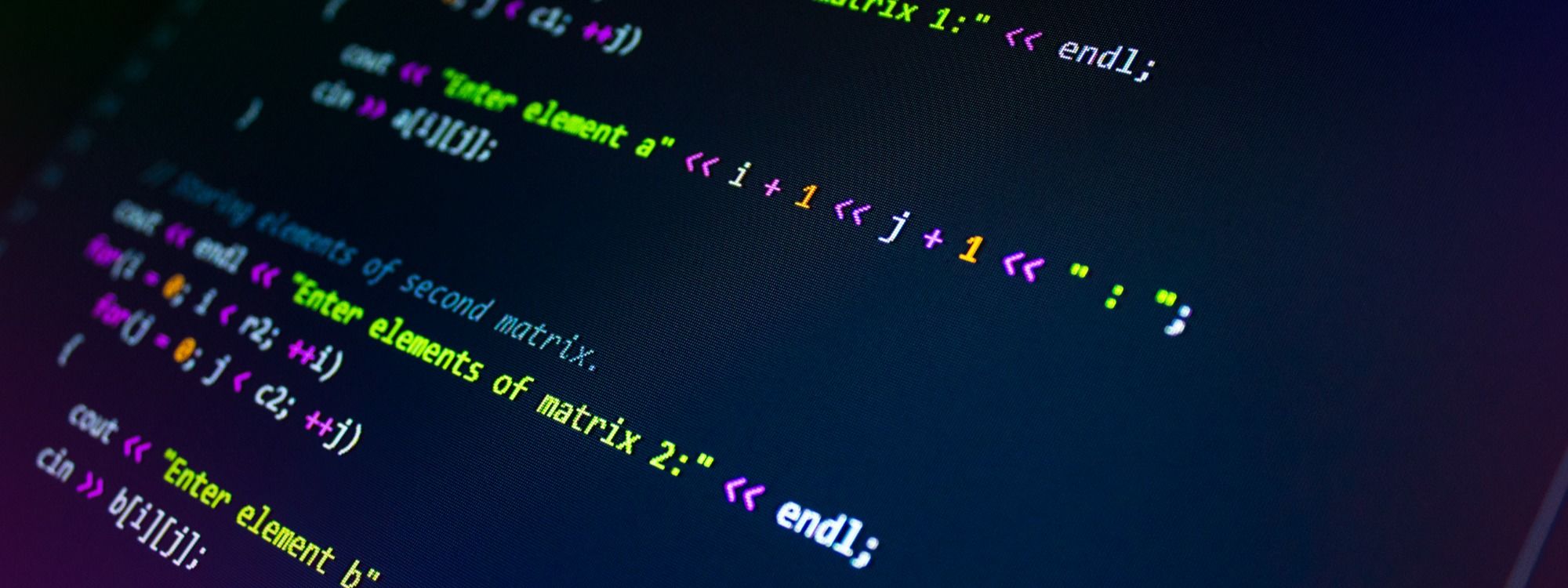Information Technology AAQ BTEC National Extended Certificate (IT Level 3)
BackAAQ BTEC National in Information Technology (Extended Certificate) Course Outline
Advanced Level 3
Awarding Body: Edexcel (AAQ)
Study Information Technology
Information Technology (IT) is the backbone of the modern world. From business and healthcare to entertainment and education, nearly every industry relies on digital systems to function efficiently. Studying IT gives you the power to understand, design, and improve these systems. It opens up exciting career paths in areas like cybersecurity, software development, data analytics, and technical support.
As technology evolves, so does the demand for professionals who can keep pace. IT is one of the fastest-growing job sectors globally, with excellent long-term career prospects and opportunities for advancement. Whether your goal is to enter the workforce directly or progress to university, studying IT will give you highly transferable skills such as problem-solving, logical thinking, and technical proficiency.
The AAQ BTEC National in Information Technology (Extended Certificate) is a practical, career-focused qualification that is equivalent to one full A Level. It is designed for students who want to develop real-world IT skills alongside their other post-16 studies. This course offers a strong foundation in key areas such as cybersecurity, website development, relational databases, and IT systems, with content and assessments that reflect current industry practices.
Whether you’re aiming for university, an apprenticeship, or a career in the digital and technology sectors, this qualification will give you the knowledge and experience you need to move forward with confidence.
Entry Requirements
The General entry requirements for Advanced Vocational Programme courses are five GCSEs at grade 4 and above (4-9), including English Language.
Grade 4 English - 4 in Maths and MM in L2 in IT
Content
Students must complete four mandatory units, covering a wide range of essential IT knowledge and practical skills:
- Unit 1: Information Technology Systems (120 GLH)
This unit explores the role and impact of IT systems in modern organisations. Students will examine how systems are used to manage and process data, support business activities, and address security and ethical issues.
Assessment Type: External written examination. - Unit 2: Cyber Security and Incident Management (120 GLH)
Students will study the principles of cybersecurity, including threats, vulnerabilities, and protection methods. They will also learn how to plan for and respond to security incidents.
Assessment Type: External task-based assessment. - Unit 3: Website Development (60 GLH)
This unit focuses on the design and creation of interactive websites that meet specific client needs. Students will develop both technical and design skills, working with web languages and development tools.
Assessment Type: Internal assignment. - Unit 4: Relational Database Development (60 GLH)
Students will learn how to design, develop, and test relational databases. They will also explore how data can be manipulated and queried to support business needs.
Assessment Type: Internal assignment.
Assessment
Assessment is a combination of internal and external methods. Two units (Unit 1 and Unit 2) are externally assessed and account for 66.6% of the total guided learning hours (GLH). These assessments are set and marked by Pearson. The remaining two units (Unit 3 and Unit 4) are internally assessed through coursework and practical projects.
Progression
ICT Careers Include:
- Computer Programmers
- Web Designers
- Project Managers
- Social Media Managers
- Social Community Managers
- Security/Networking Analysts
- Technology Support
- Mobile Application Developers
- Technical Trainers/Managers
- Digital Specialists
- Web Development Specialists
Many of our students continue to study ICT, programming, software development, games design and other related degrees at university, whilst others use it as a stepping stone to study another discipline such as business, finance, and marketing. Many also go onto high quality IT apprenticeships with well-known big companies.
The transferable skills developed whilst studying ICT include problem solving, project management, creative thinking, the capacity for independent enquiry and team working which are all highly valued skills for further education as well as prized by top quality employers.
Student Testimonials
"I enjoy learning ICT as I would like to pursue a career in coding or games development. Learning about the intricate parts of the computer has been exciting and my teachers help me understand complex IT concepts."
"I love the atmosphere of the lessons, they are easy going and yet I feel like I am learning all of the time."
"I love learning new things, especially the multimedia aspects of the course."
"ICT allowed me to expand upon the knowledge I had developed throughout my education. I would strongly advise other students to choose this subject as it is a great stepping stone into university."
"Since we started IT, we have learned different things and we really enjoy what we learn and do in the class. Our teachers are really helpful, they help us to be productive and create a nice atmosphere that facilitates learning and communication in class. "
Extra Curricular
There are three dedicated ICT rooms with 20 networked computers per room. There is wireless internet access across the college, printing facilities, interactive smartboards and projectors. In addition there is a bank of 20 ‘off line laptops’ used for lessons where network restrictions are removed. Many lessons will make use of mobile technology in the form of laptops, tablets and smartphones.
Department Staff
The ICT Department is led by Ms. Oznur Ay, Head of IT, who has over 13 years of teaching experience. After completing her BSc in Interactive System Design, Oznur has dedicated her career to helping students develop the digital skills and confidence they need to succeed in today’s fast-moving tech world. She is passionate about creating engaging lessons and guiding students towards exciting opportunities in higher education and the IT industry.
Supporting her is Mr. Joshua Roberts, along with two other specialist staff members. Together, the team brings a wealth of expertise and enthusiasm to the classroom, ensuring every student feels supported in achieving their goals.
